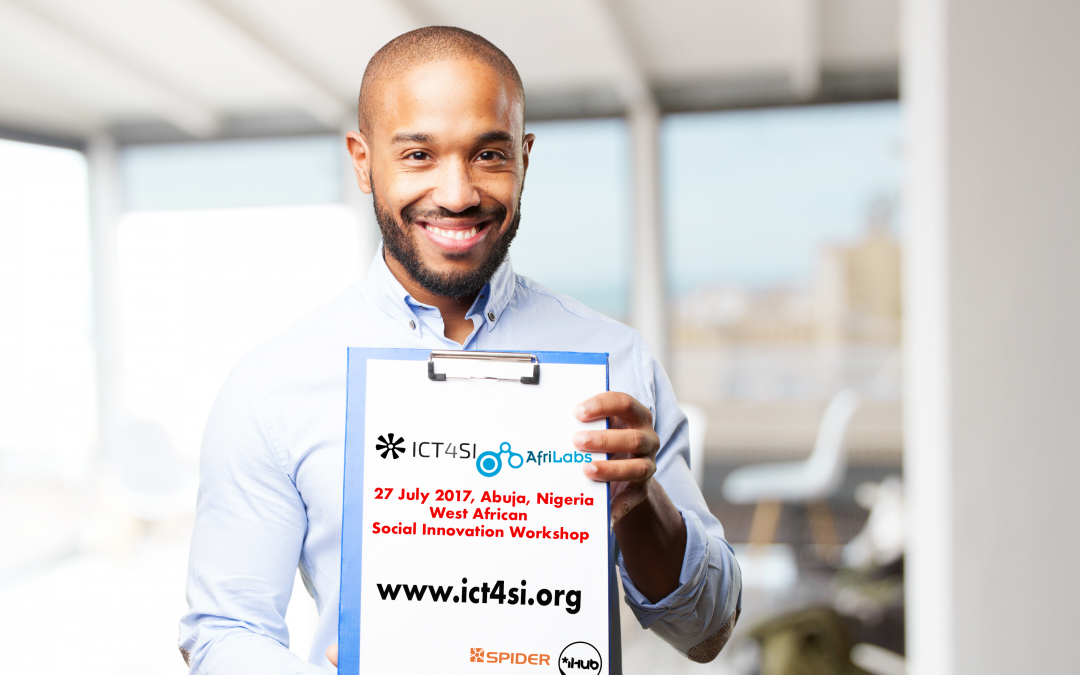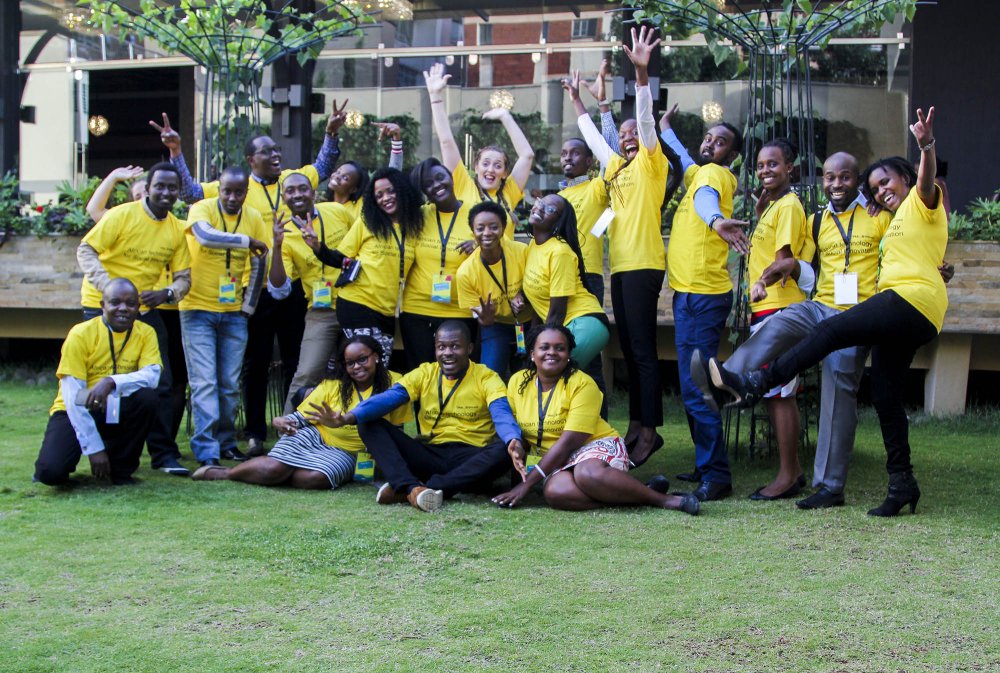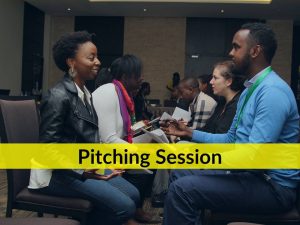Highlights from ICT4SI17

Prior to this year’s ICT 4 Social Innovation Conference #ICT4SI17, our main funder SPIDER hosted a two day training for Network Leads across Africa, Asia and Latin America (#PENTHIO ) to enable Network leads to improve on how they manage networks that focus on Sustainable Development. The workshop took place in Abuja, Nigeria on 23rd-24th November 2017. This was closely followed by the ICT4SI Conference which also included members day (meeting of ICT4 Social Innovation members to discuss network agenda and plan for 2018) from 25th-26th November 2017. Our East Africa Lead and member from SemaTanzania wrote an account of his experience below:
Guest post by KIIYA JK – ICT4SI Network Lead for East Africa
My experience at Africa’s largest economy is memorable. First things first and by extension, I would like to thank SPIDER, iHub, Afrilabs and MSH Idea Lab for logistics (making sure I arrived and left Nigeria in one piece). That aside, there was this #PENTHIO word which I was introduced to, it originates from Senegalese Wolof community, they use #PENTHIO to mean sharing!
Yes, plenty to share there was at this year’s #ICT4SI17. Knowledge was shared on how to make networks more effective and efficient. That we should focus on needs rather than problems. An example was given of a person who gets tired too early at a workstation. A quick fix to his ‘tiredness problem’ could include having loads of cups of coffee to stay active all day through! However, a needs-based approach solution may be more rest at night (sleep time).
Then came the leadership equation that was presented by Kerstin Borglin, Spider’s director. She shared her story which goes back over 20 years working for Ericsson in management positions both in Sweden and abroad, working with projects and companies in Sub Saharan Africa, Eastern Europe, The Middle East and North America. Spider stands for Swedish Program for ICT in Developing Regions.
Kerstin, SPIDER’s director, says leadership needs: vision; clarity; agility (i.e. listen to those you should not be listening to, ones you dislike – she calls this maturity stage of leadership – the ability to accommodate strong critics); courage; provide management structure; perseverance (most of time 🙂 ); communication; integrity; trust (trust that your team can do it without relentless control, use that time to attend to leadership matters); and accountability (whenever something goes wrong at the organization, it is your fault!)
Public-private-academia-partnership, yes that was introduced by Associate Prof. Caroline Wamala Larsson and Dr Edgar Asiimwe from SPIDER’s research arm. They stressed that monitoring must always begin at any project’s onset to yield tangible results. Epistemological question must be responded to before an intervention is sought. Simply put, ‘how do you know what you know?’ Yet most organisations in our part of the world do very little to embrace the use of a pool of academia available in our institutions. If well utilised, these researchers may not only be a great resources in work we do, but also may help boost organization research capacity, for good.
‘If your ICT innovation doesn’t meet business process needs,
you are wasting time and resources.’
Olasupo Oyedepo from African Alliance of Digital Health Networks
We learnt that ICT tools are set up to meet business process needs. An instance that fits well in this scenario was given by the CEO of M-Power who said most M-Health initiatives die because they treat Community Health Workers as data collectors, they are not designed to mimic current workflow and they are not linked to overall health information system / infrastructure.
Lastly, we concluded that for an ICT tool to work for people, people need to be at the centre of its design. That a Nigerian politician responding to critics of Buhari’s time attending treatments in London once said, ‘You cannot shave a man’s head in his absence.’ Similarly Mwalimu Nyerere once said, ‘People know what their needs are, ask them.’ Design with the user, remember to make your ICT interoperable!
‘Doing is the best kind of thinking’ – Tom Chi, Google X Co-Founder. A friend in Nigeria challenged us while responding to the question why Africans do not share knowledge compared to other parts of the world. You think they don’t? Just Google how to cook ugali. Share your responses! The Nigerian friend said we should keep posting. One post at a time – that way Africa will change for better.




